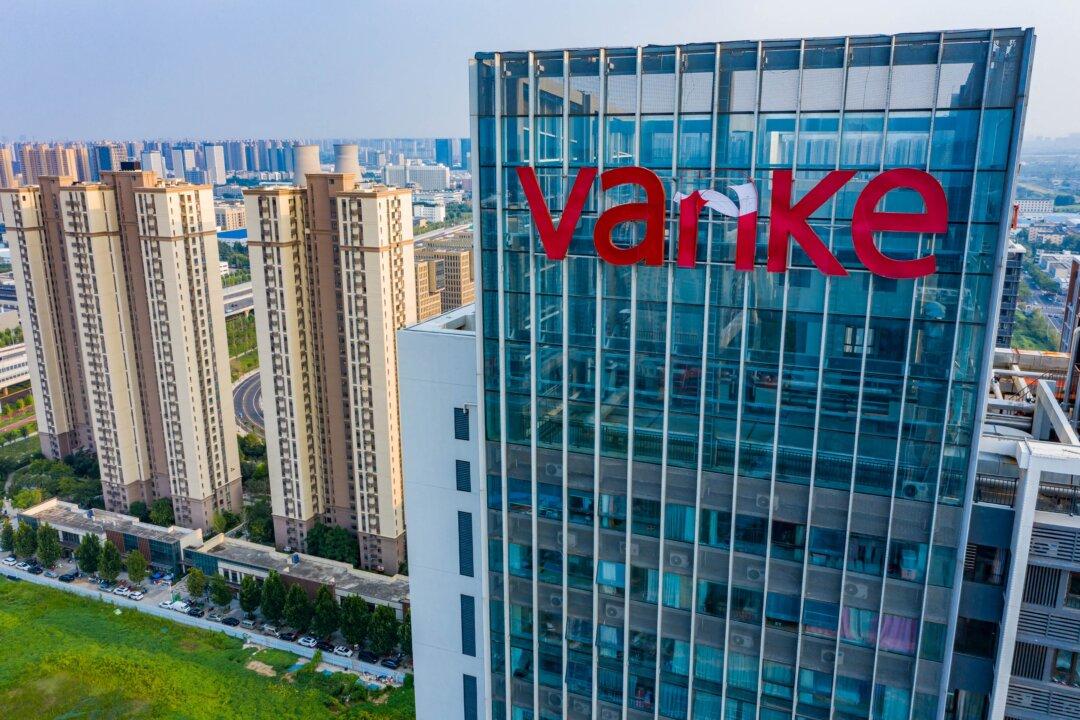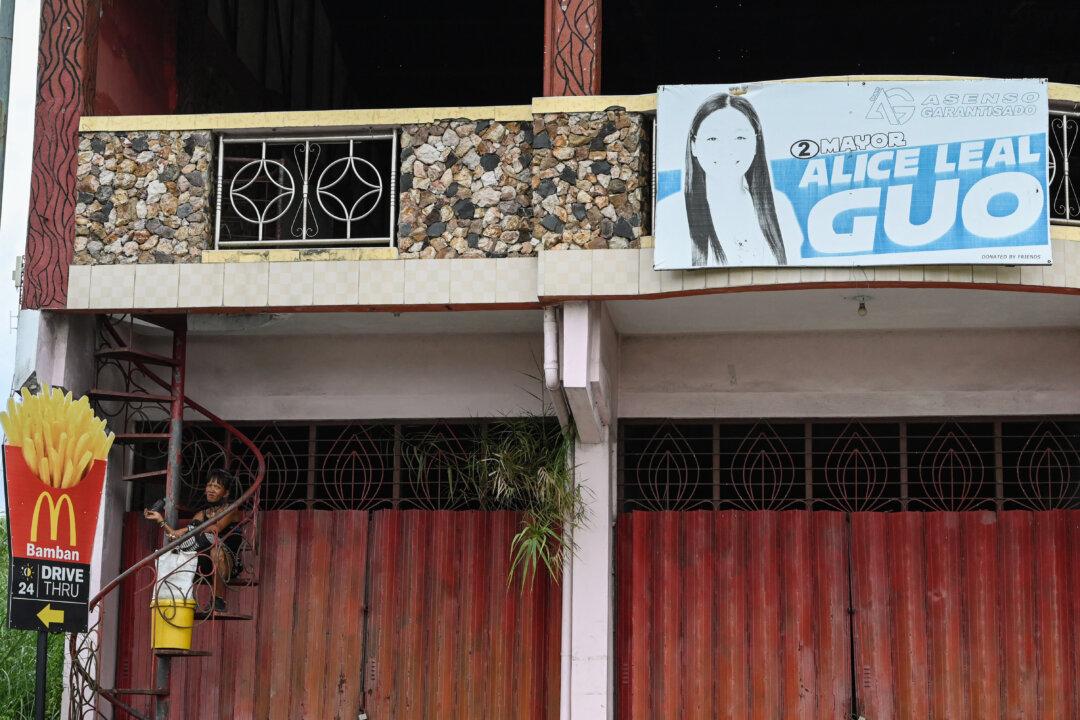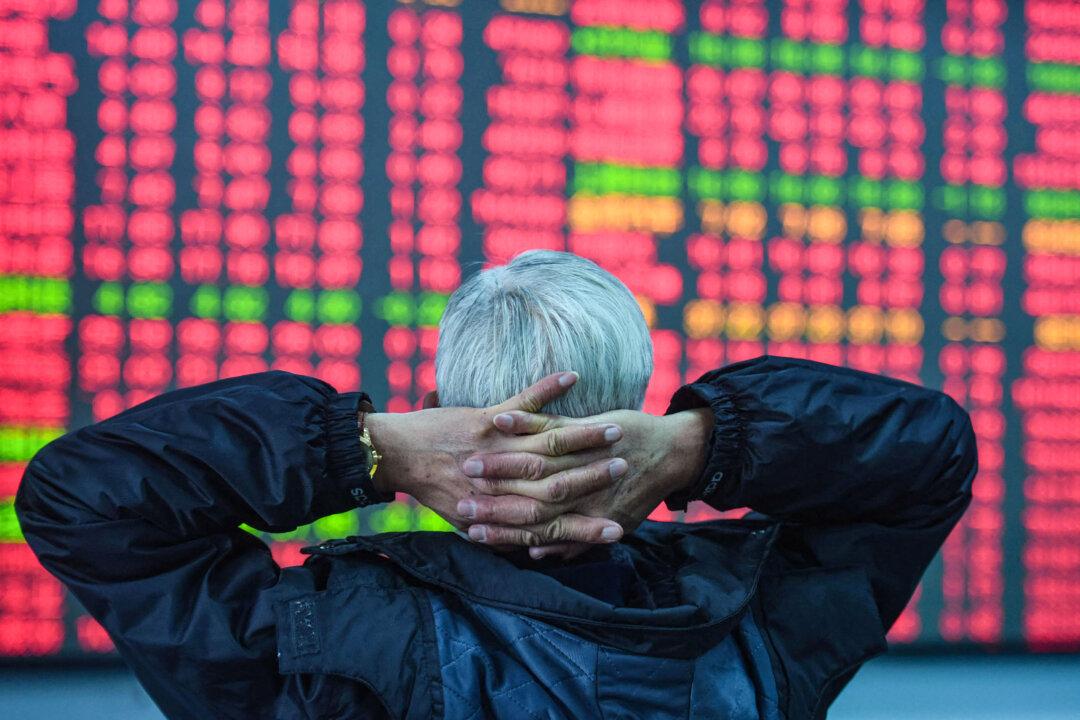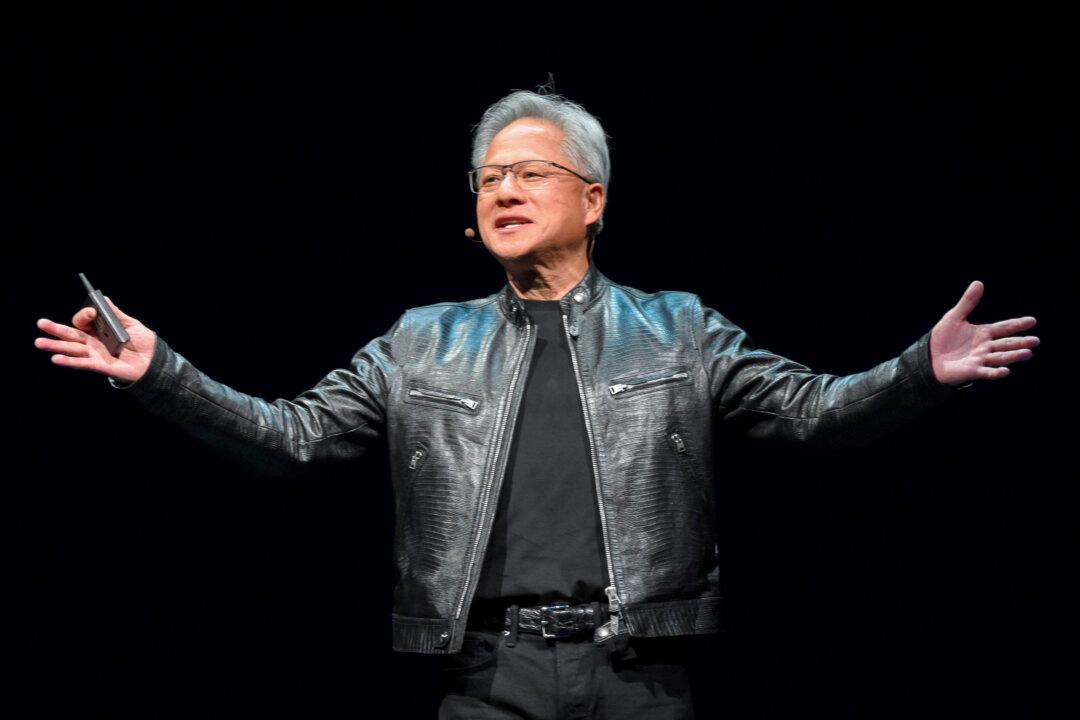Vanke is a major Chinese residential real estate developer that has long been viewed as a “model” real estate company. However, after two of the world’s largest real estate developers from China, Evergrande and Country Garden, plunged into default, Vanke is also facing a crisis as sales plummet in China. In response, the Chinese regime is giving Vanke a rare show of support.
Since the beginning of this year, the price of Vanke A-shares has plummeted 42.6 percent, and in October, the price of overseas U.S. dollar bonds also plunged. The yield of several bonds has risen to about 50 percent. Since bond yields are inversely proportional to bond prices, bondholders sold their bonds at lower prices.





